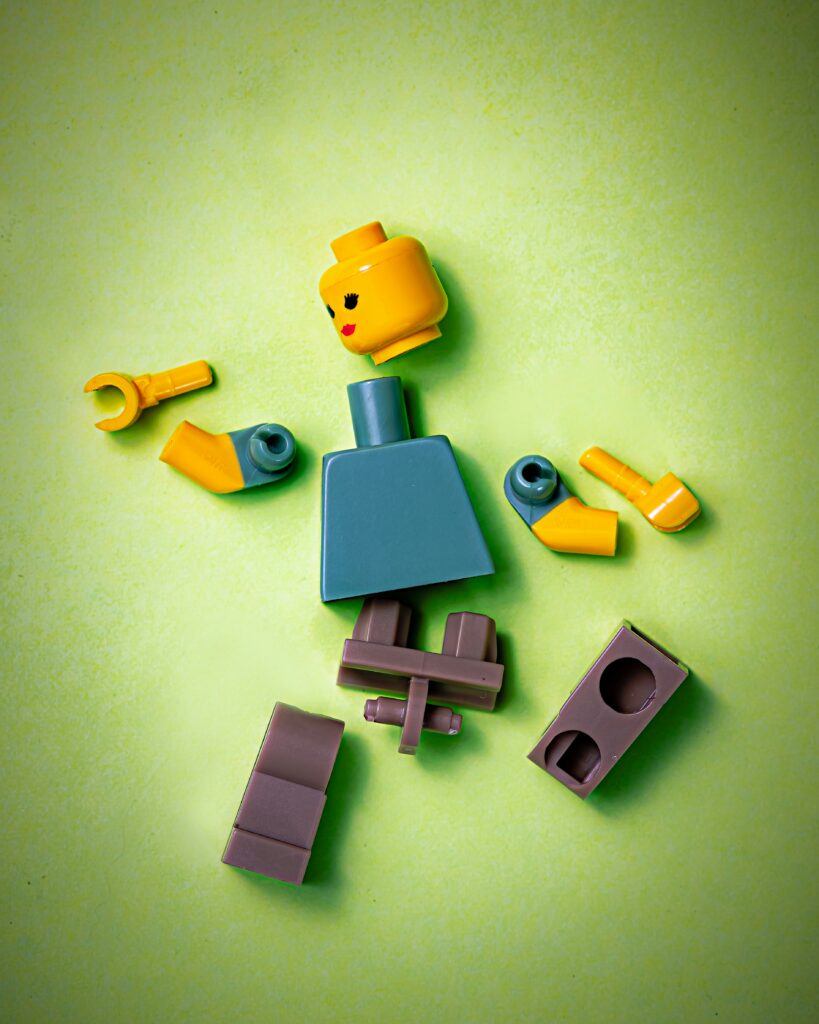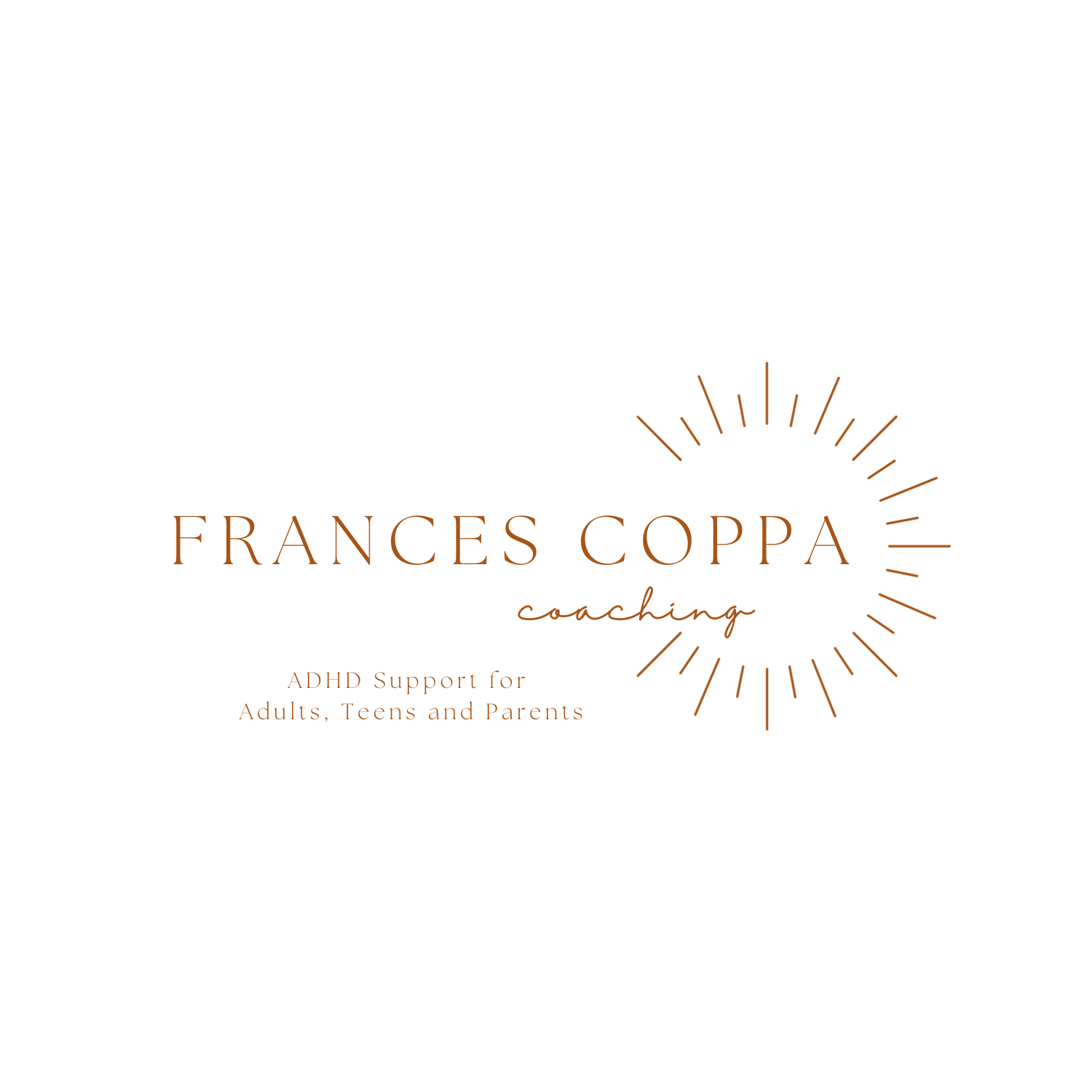Effective Collaboration Between Parents and Teachers for ADHD Learners
I’m thrilled to share my recent conversation on the ADHD Focus podcast where we explored the vital partnership between parents and teachers in supporting our amazing ADHD kids! As someone who wears multiple hats—ADHD coach, parent of a neurodivergent child, and former educator—this topic resonates deeply with both my professional expertise and personal journey.
Bridging the Gap: Parents and Teachers as Partners
When it comes to supporting our children with ADHD, true magic happens when parents and teachers join forces rather than standing on opposite sides. I’ve experienced this dynamic from every angle, and I know firsthand the transformative power of genuine collaboration.
1. Begin with Compassion and Curiosity
Our children’s teachers are navigating numerous demands with varying levels of ADHD training. Instead of approaching conversations from a place of frustration (though those feelings are valid!), try opening with questions that invite partnership:
- “What have you noticed about my child’s learning style?”
- “Which strategies have you found helpful so far?”
- “How might we work together to build on their strengths?”
This approach creates a foundation of mutual respect where everyone feels valued in the conversation.
2. Share Your Child’s Unique ADHD Experience
Each neurodivergent child has their own constellation of strengths, challenges, and contradictions. Your intimate knowledge of how ADHD manifests for your child is invaluable information for their teacher.
Consider sharing specific insights about:
- Working memory capabilities
- Sensory sensitivities
- Emotional regulation patterns
- Executive functioning strengths and growth areas

Remember that executive functioning skills in ADHD kids are typically 3-5 years behind their chronological age—information that helps teachers adjust expectations appropriately.
3. How Parents and Teachers Can Build Connection for Supporting Students with ADHD
The most powerful intervention isn’t always a formal accommodation—it’s the quality of connection between your child and their teacher. When our kids feel truly seen, understood, and appreciated, their ability to engage and learn expands dramatically.

Help foster this connection by:
- Sharing a beginning-of-year note highlighting your child’s passions and strengths
- Communicating what has worked well in previous classrooms
- Maintaining open, appreciative communication throughout the year
My own experience has shown me that when my child feels emotionally safe with a teacher, obstacles that once seemed insurmountable suddenly become manageable challenges.
4. Understanding the Unique Journey of Girls with ADHD
Girls with ADHD often fly under the radar because their symptoms frequently present as internalizing rather than externalizing behaviors. While they might not disrupt the classroom, they may be silently struggling with:
- Misplacing belongings
- Detail-oriented tasks
- “Careless” mistakes (which are actually attention-related)
- Masking their challenges through hypervigilance
By educating teachers about these often-missed signs, we can ensure our daughters receive appropriate support and understanding.
5. Crafting Effective ADHD Accommodations Through 504 Plans
When developing ADHD accommodations, quality trumps quantity. Rather than an exhaustive list, focus on targeted supports that address your child’s specific needs:
For Emotional Regulation:
- Quiet corners for reset moments
- Sensory supports like fidgets, comfort objects or earplugs
- “Messenger” opportunities for movement or overwhelm breaks
- Daily connection with school staff that foster a sense of safety
For Executive Functioning:
- Extended processing time like “think time” after a question is asked
- Discreet self-advocacy signals
- Individualized routine or task tracking systems with post-its or desk visuals
- Alternative focus outlets (like doodling while listening, sensory stickers or gum)
- Expand on “preferential seating” (e.g. thinking buddy or space from students that are disregulating to your child)
The most effective ADHD accommodations are those that teachers can consistently implement and that genuinely support your child’s unique processing style.
6. Mobilizing Parent Organizations for Executive Function Support
Parent groups like PTSAs can be powerful advocates for bringing executive function education into schools. These critical life skills benefit ALL students, especially those with ADHD.
Consider:
- Proposing EF workshops as PTSA-sponsored events
- Advocating for teacher professional development on EF strategies
- Organizing parent education nights to reinforce skills at home
By normalizing executive function education throughout the school community, we reduce stigma while providing essential support.
A Personal Note from My Journey
The emotional landscape of this advocacy work is complex. Some days, it feels overwhelming. Other days bring breakthrough moments that remind us why collaboration matters so deeply.
What I know for certain is this: when we approach our children’s education with both fierce persistence and genuine partnership, we create spaces where neurodivergent minds can truly flourish—not by changing who they are, but by being fully seen and supported in their authentic brilliance.
If you’d like to hear our full conversation on the ADHD Focus podcast, you can listen here. And if you’re seeking support on your own journey—I’m here to walk alongside you with both professional expertise and heartfelt understanding.
Remember: you are your child’s first and most important advocate. Trust your instincts, seek collaborative partnerships, and celebrate every step of this beautifully neurodivergent journey.


Leave a Reply